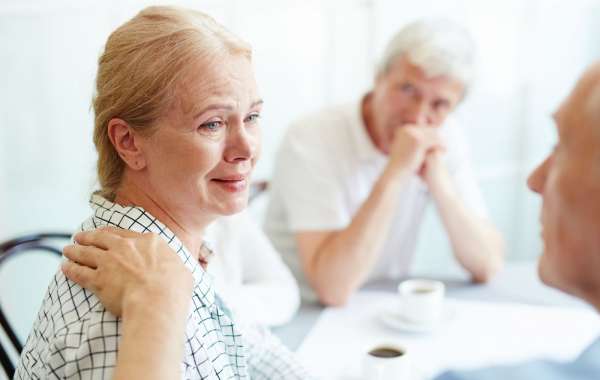Grief and loss is a universal human experience, but it looks and feels different for everyone. People who are grieving may need support from friends and family, but they also need to make sure that they have time and space to process their feelings. The best way to help a person who is grieving is to listen and be there for them.
When someone close to you dies, it is normal to feel shock and numbness, especially in the early stages of grief. It is also common to think that you are going crazy or that no one could understand your pain. This is often a sign of denial, and it is a temporary response to the rush of intense emotions you are feeling.
Anger is another normal reaction. It can be directed at others, a higher power or at life in general. This is often followed by sadness and a sense of despair. Grief is a painful journey, but it is important to remember that the difficult feelings will eventually pass.
While grieving, it is common to have dreams about the deceased. It is also common to find comfort in prayer and meditation. Some people even begin to search for meaning and examine their spiritual beliefs. In some cases, these experiences can lead to a renewed sense of purpose in life and a new understanding of death.
For most people, grief comes in waves that can be intense and overwhelming. They are triggered when they think of the person who died or by events that remind them of the loss. Typically, the size of these waves decreases over time.
There are many ways to cope with grief, including spending time with other loved ones and taking care of yourself physically. It is also helpful to express your thoughts and feelings through writing. You can do this on your own or with the help of a therapist. Playing music or creating art are other good outlets for your feelings. Exercise can also be a healthy way to relieve stress and tension.
Some people who have experienced a significant loss don’t exhibit outward signs of grief, or they may show only mild symptoms such as fatigue and trouble concentrating. This is called complicated grief. It can be very challenging for families, and it is important to seek help if a loved one has complicated grief. It is possible to resolve complex grief, but it may take longer than simple grief. In some cases, a person who is experiencing complicated grief may never fully heal. If you or a loved one has this kind of grief, it is important to get help from a therapist. You can be matched with a licensed therapist who specializes in grief and loss through the world's largest online counseling service. Sign up to get started. The service is confidential, secure and free. You can also call our toll-free hotline for support. See a list of our licensed and vetted therapists here.








